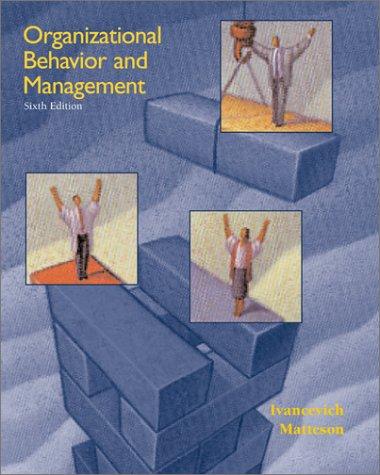Question
UAE NEW SALES CAR MARKET SLUMPS The UAE's car dealerships are having their worst year since 2009, according to industry sources. Car sales this year
UAE NEW SALES CAR MARKET SLUMPS The UAE's car dealerships are having their worst year since 2009, according to industry sources. Car sales this year have slumped 25% from the highs of 2015 - 2016, where 420,000 cars were sold. The decline in demand has mostly been in the re-export market where cars imported from Japan and the USA are unloaded at Jebel Ali Port and reloaded onto ships travelling to other Gulf Cooperation Council (GCC), and Middle East and North Africa (MENA) countries. According to Yousef Mansoori, the senior analyst at Almanac Global, demand for new cars in these markets is affected by the low oil price, which has seen approximately 50,000 people become unemployed throughout the GCC and MENA region over the past two years. Also the continuing unrest, particularly the wars in Yemen and Syria means consumers are waiting for better times before committing to large household purchases. However, not all the news is bad news. The UAE market for luxury cars accounted for 57,000 units in the past 12 months, an increase of 7 percent over the 2015 - 2016 figure. The UAE executives who received large cash bonuses amounting to 5 percent of their salaries last year have been busy updating their models, with the luxury SUV market showing the highest growth. "Inelastic Price Elasticity of Demand (PED) is also a key player in the UAE car market because of an underdeveloped public transport network and a lack of alternative fuels," explained Maryam Yousef, an analyst with MNAD resources. Looking forward, Maryam expects sales of cars to increase during the second half of 2017 as a new 5 percent; Value Added Tax (VAT) will be introduced in 2018. For 2018, another impact will be a shift in market share away from USA manufacturers to Asian manufacturers. This is because the Asian manufacturers have offered deep discounts of up to 20 percent to UAE dealers, which has resulted in a 27 percent increase in sales for these manufacturers and dealers. The Asian manufacturers have been able to offer these steep discounts by decreasing their variable costs through the introduction of robotics and the 3D printing of expensive custom parts for their luxury vehicles. Finally, 2018 could be an unsettled year for new car sales as UAE residents increase their use of ride sharing. The country has been using new mobility platforms since 2012 when Uber was launched in Dubai, but its' only now that two of the largest players in the region, Uber and Careem, have started receiving increased attention from the commuting public. It is estimated that for every 1 percent rise in petrol prices there is a 1.75 percent increase in ride sharing amongst commuters. Whatever lies ahead, it seems it will be an interesting next 12 months for the new car industry. Q1. Given the information in the case study, calculate the cross price elasticity of demand between personal cars and ride sharing services in the UAE.
Step by Step Solution
There are 3 Steps involved in it
Step: 1

Get Instant Access to Expert-Tailored Solutions
See step-by-step solutions with expert insights and AI powered tools for academic success
Step: 2

Step: 3

Ace Your Homework with AI
Get the answers you need in no time with our AI-driven, step-by-step assistance
Get Started


